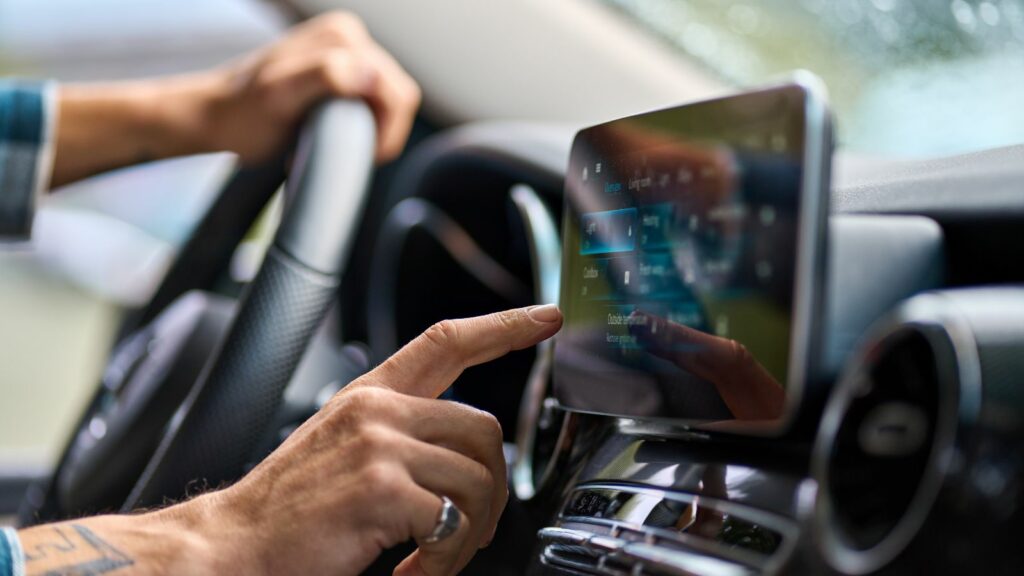Imagine buying a car, paying top dollar for all the latest bells and whistles, and then discovering that the company who sold it to you can yank those features away whenever they choose. It sounds like some dystopian nightmare, but it’s not fiction it’s reality. Automakers now hold the digital keys to your vehicle, and they’re already using that power to control what you can and can’t enjoy, even after you’ve signed the papers and driven off the lot.
The Hidden Strings Behind Your Car’s Tech
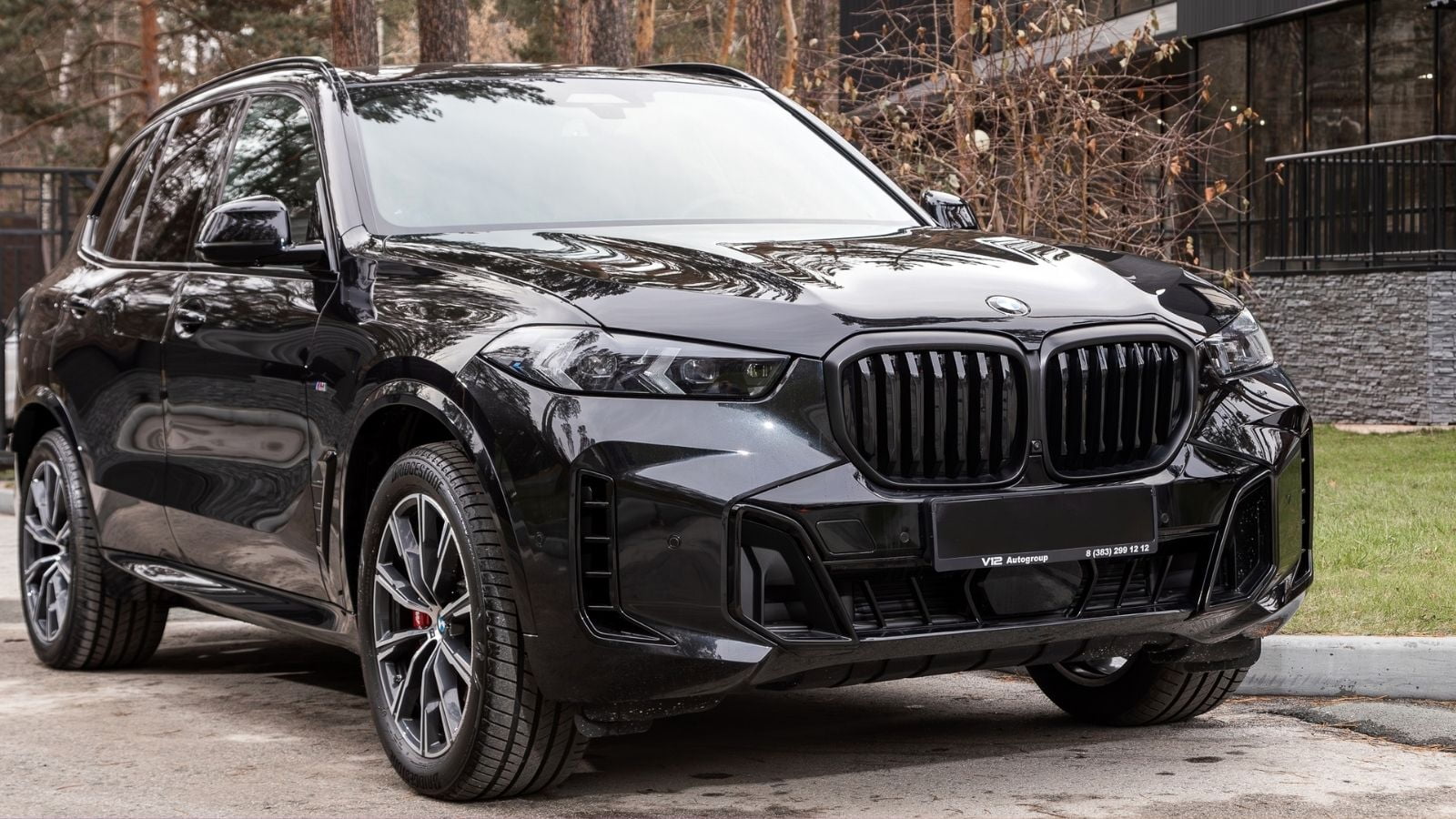
Cars used to be machines built around steel and gears. Now they’re software platforms on wheels. From heated seats to driver-assist tech, almost everything is controlled by code. And here’s the kicker: that code doesn’t fully belong to you. Automakers are tying once-standard features to monthly subscriptions, pay-per-use unlocks, and remote access rights. If you don’t cough up the extra cash, the automaker can flip a switch and your car suddenly feels a lot less special.
This isn’t just a theory. BMW sparked global outrage when it announced a subscription model for heated seats. Tesla has already locked features like extra horsepower, autopilot functions, and even battery range behind paywalls. What you thought you purchased outright can feel more like a trial version waiting for renewal.
When Automakers Decide What You Can Use

Think about this: you may have spent $60,000 on a new car, but you don’t necessarily control what features stay active. Automakers are experimenting with everything from locking navigation unless you subscribe, to disabling remote start if you miss a payment. The fact that these companies can dial back your car’s abilities from a computer server miles away is as unsettling as it is infuriating.
General Motors has gone so far as to make certain OnStar connectivity functions mandatory whether you use them or not. It’s no longer about the car you bought, it’s about the service plan you agreed to. Even worse, some buyers report that certain hardware is already in the car at delivery, but locked away until they pay extra. That means you’re literally driving around with dormant tech under your nose.
The Dangerous Precedent of Remote Control
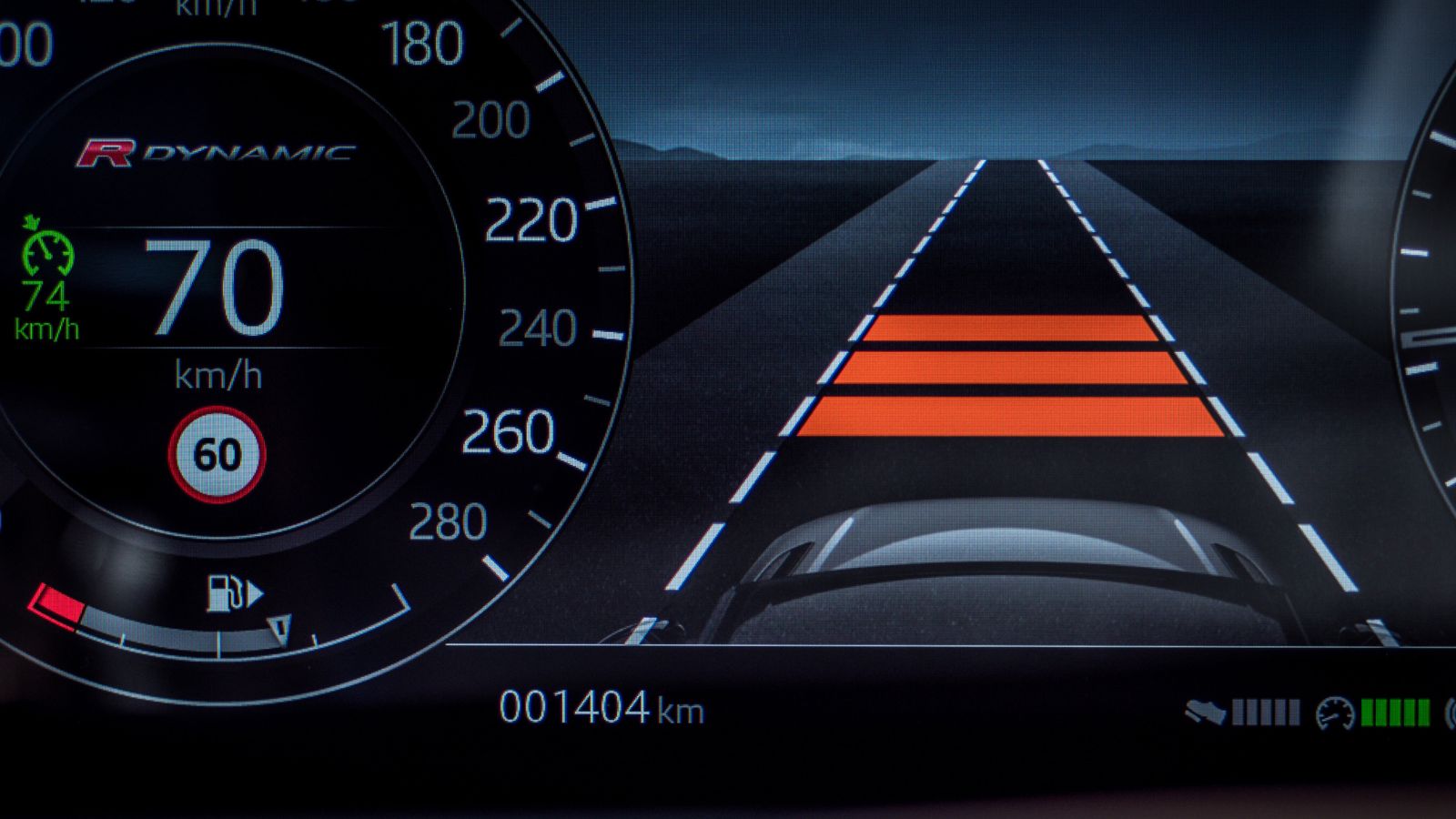
If you’re shrugging this off as just a matter of heated seats or streaming apps, think again. Once automakers prove they can hold features hostage, where does it end? Today it’s climate control and navigation. Tomorrow, it could be lane assist, adaptive cruise control, or even core safety systems. And in extreme scenarios, the automaker can disable your entire car remotely. Tesla has already demonstrated this capability with vehicles repossessed or re-sold, stripping features at the push of a button.
It raises disturbing questions about who really owns your vehicle. Are you the driver and legal owner, or are you just the subscriber of a rolling service plan, subject to the whims of corporate decision-making?
A Growing Source of Outrage
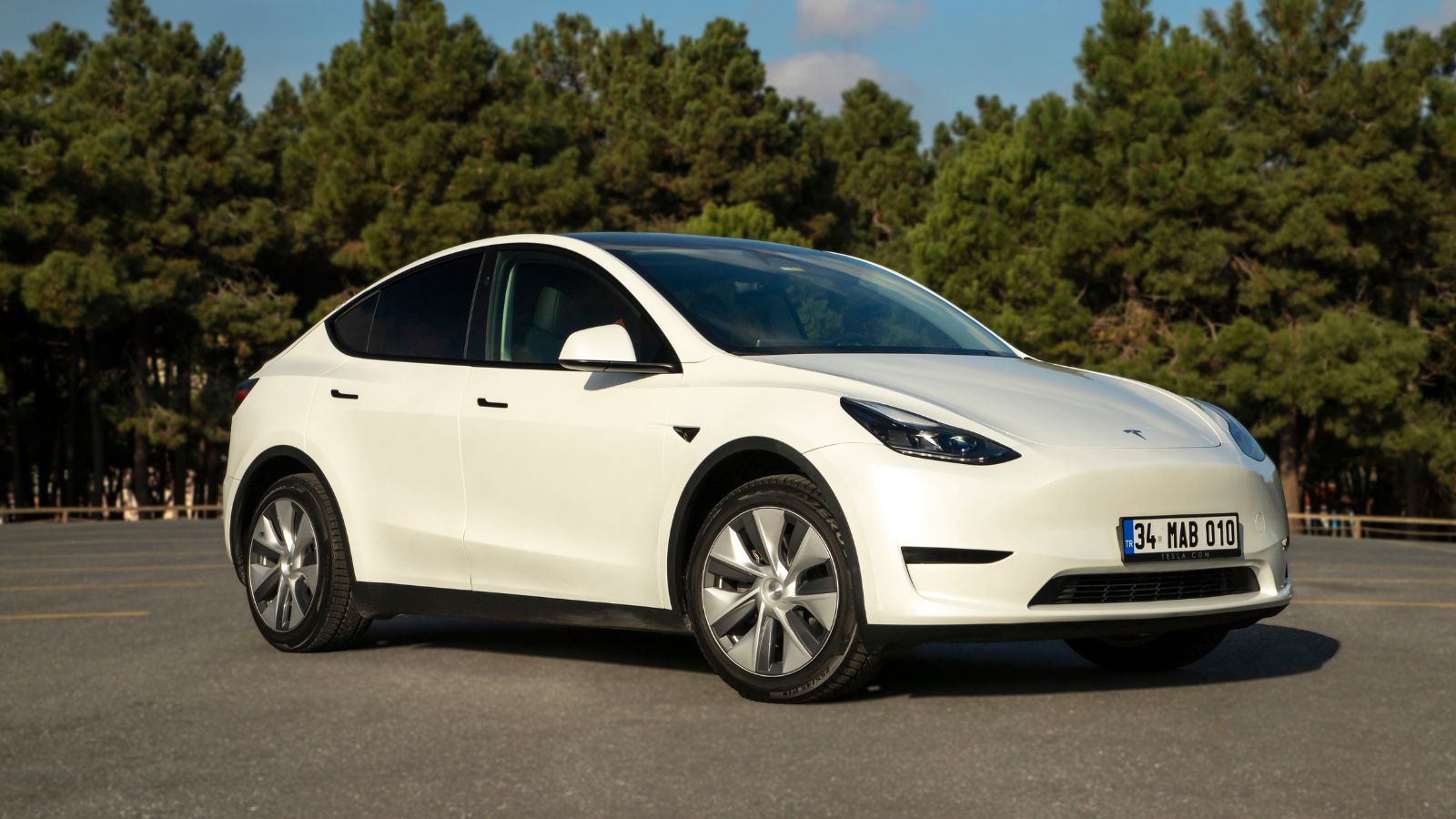
Drivers are starting to push back, and the outrage is bubbling over. BMW was forced to clarify and partially retreat from its heated seat subscription plans after global criticism. Tesla’s practice of charging thousands to unlock performance upgrades on cars that already have the hardware has drawn heavy fire from consumer advocates. And forums are filled with drivers venting about losing access to features they thought were permanent.
Mechanics and independent shops are just as frustrated. With so many features controlled remotely, traditional ownership rights and even the ability to repair your own car are slipping away. The fear is that once automakers normalize this control, the floodgates will open.
The Illusion of Ownership

For decades, buying a car meant that every nut, bolt, and gadget inside was yours. But in this new era, ownership feels like an illusion. You may hold the keys and the title, but the automaker is the true gatekeeper of the tech you rely on. The justification from their side is wrapped in buzzwords like “flexibility,” “upgrades,” and “future-proofing.” The reality is more cynical: it’s about generating ongoing revenue long after the sale.
It’s the same playbook tech companies used on smartphones and streaming services, except now it’s being applied to the second-biggest purchase most people ever make. For buyers, that means you’re not purchasing freedom you’re entering into a contract that ties you to monthly payments for features you thought you already bought.
What Drivers Should Worry About Next
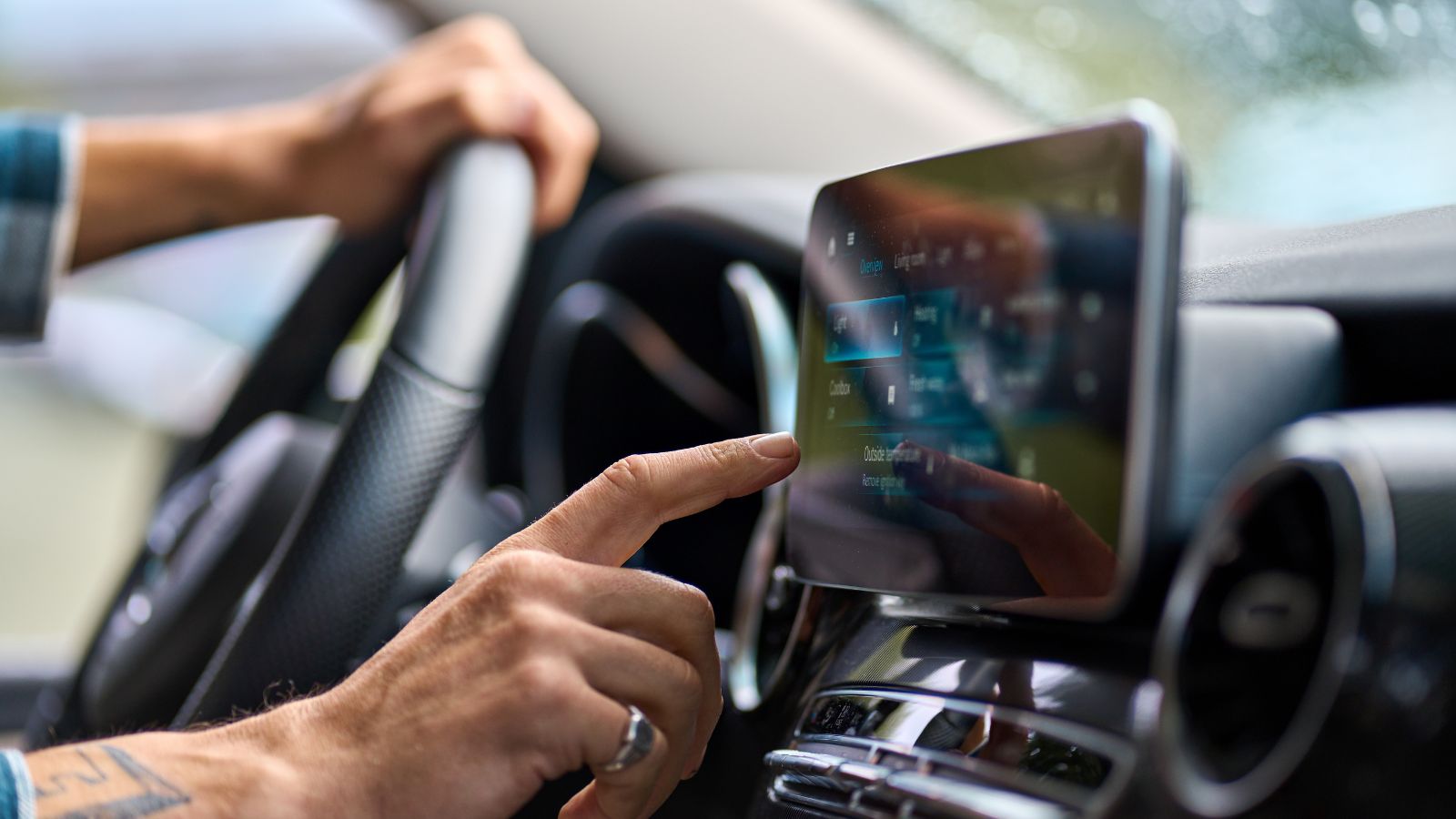
The scariest part is how quickly this could spiral. Imagine being on a cross-country road trip and losing access to navigation because your subscription expired. Or picture being locked out of adaptive cruise control unless you agree to new terms of service. There are already whispers about pay-per-use models, where you’d pay a small fee each time you activated certain features. That’s not convenience it’s a nightmare scenario where your own car nickel-and-dimes you every time you get behind the wheel.
Beyond that, the privacy implications are staggering. Automakers already collect massive amounts of data from connected cars your driving habits, locations, and even in-car behavior. Combine that with the ability to disable features remotely, and you have a level of control that feels less like ownership and more like surveillance.
The Ownership

Yes, automakers can shut off connected car features at any time and they’re already doing it. The days of true ownership are slipping away as cars become tethered to servers, subscriptions, and corporate control. Drivers need to wake up to what’s happening, because the fine print isn’t in your favor.
Buying a car used to mean independence. Now it’s starting to look like renting a luxury apartment miss a payment or step out of line, and the landlord can shut off the heat. The auto industry is pushing us toward a future where your car may not really be yours, and that’s the most sensational and alarming part of all.
25 Facts About Car Loans That Most Drivers Don’t Realize

Car loans are one of the most common ways people fund car purchases. Like any other kind of loan, car loans can have certain features that can be regarded as an advantage or a disadvantage to the borrower. Understanding all essential facts about car loans and how they work to ensure that you get the best deal for your financial situation is essential. Here are 25 shocking facts about car loans that most drivers don’t realize:
25 Facts About Car Loans That Most Drivers Don’t Realize
